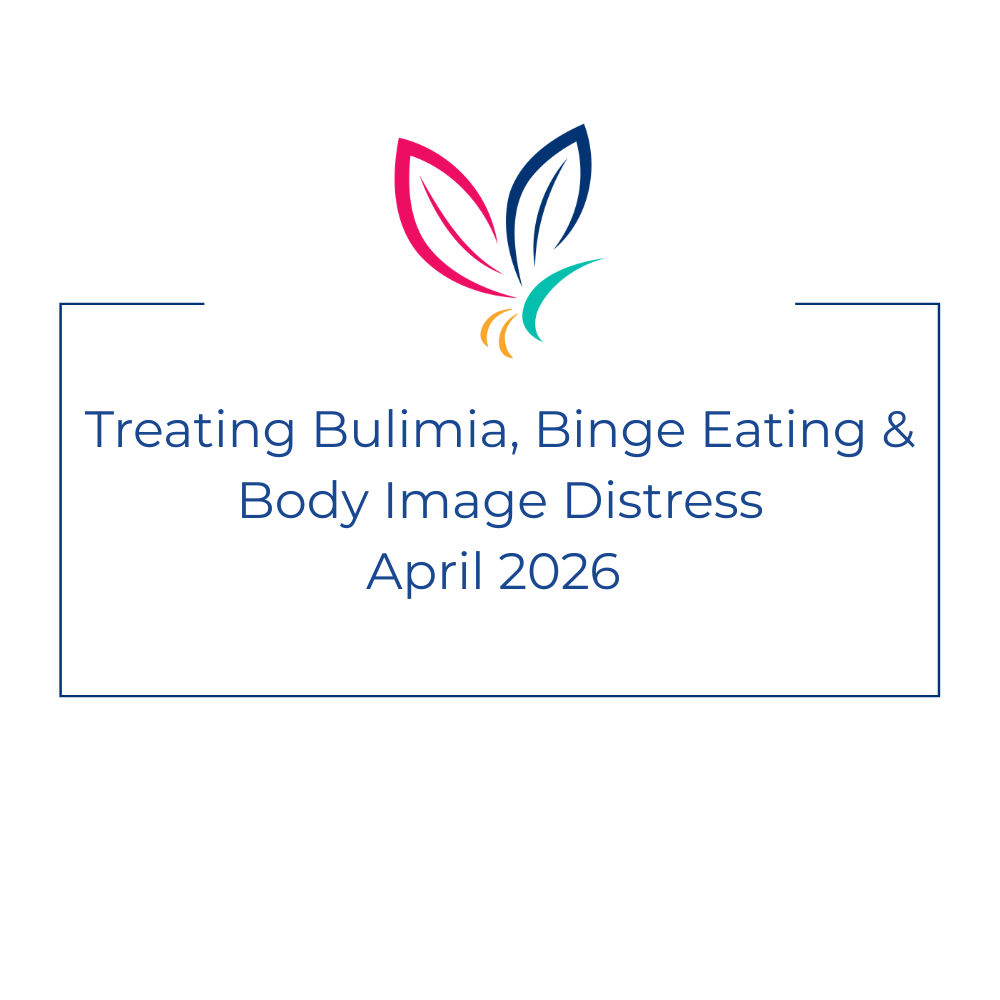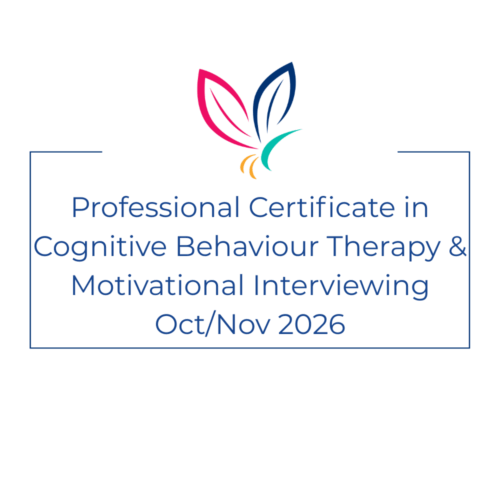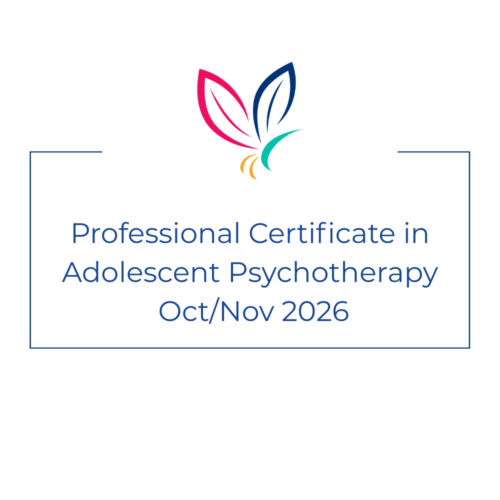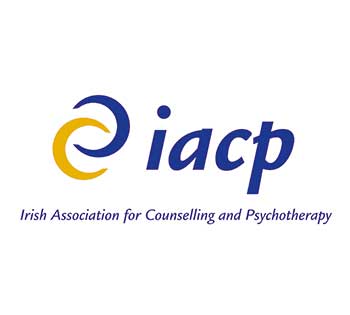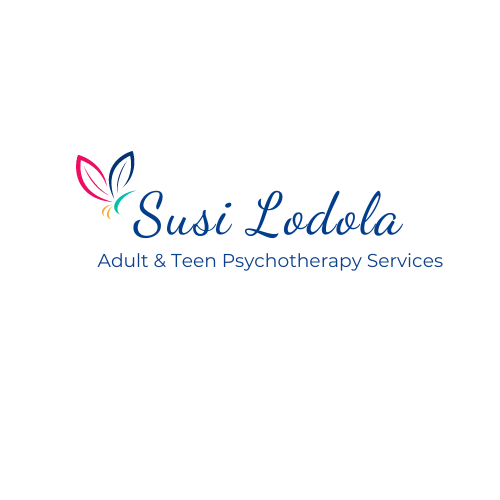Description
Bulimia nervosa, binge eating disorder, and body image distress are complex presentations that can have a profound impact on a person’s physical and emotional health. They often occur alongside other challenges such as anxiety, depression, or trauma, and can be difficult to detect due to secrecy, shame, and the misconceptions that surround eating disorders.
This two-day course provides an in-depth introduction to the recognition, assessment, and psychological treatment of bulimia nervosa, binge eating disorder, and related body image concerns. Drawing on evidence-based frameworks, including cognitive behavioural approaches, interpersonal models, and trauma-informed principles, we will explore the factors that maintain these difficulties and the ways therapy can address them.
Through research-based content, case discussion, and reflective learning, participants will develop a deeper understanding of how to engage clients in treatment, explore the role of body image, integrate a trauma-sensitive stance, and plan for relapse prevention. The course emphasises ethical and professional practice, scope of competence, and the importance of integrating interventions into the client’s broader support network when appropriate.
Whether you work primarily in mental health, physical health, or community settings, this training offers practical, clinically relevant knowledge that you can take back to your own practice.
Learning Outcomes
By the end of this course, you will be able to:
- Recognise the signs and symptoms of bulimia nervosa and binge eating disorder
- Understand the psychological, biological, and social factors that contribute to the onset and maintenance of these disorders
- Conduct a sensitive and thorough assessment, including the use of validated screening measures and clinical interviewing
- Recognise when referral to specialist services is necessary
- Understand how cognitive behavioural, interpersonal, and trauma-informed approaches can be applied to address binge eating, purging, and body image distress
- Integrate trauma-sensitive strategies to ensure safety, empowerment, and collaboration in therapy
- Identify ways to address body checking, avoidance, and appearance-based comparisons in therapy
- Plan strategies for relapse prevention and sustained recovery
- Apply ethical and professional boundaries, working within scope of practice and referral pathways
- Explore the role of early intervention in improving treatment outcomes
- Discuss the impact of stigma, shame, and cultural factors on help-seeking behaviours
- Understand the relevance of working collaboratively with other healthcare providers
- Analyse case examples to link theory to practice
- Develop personalised treatment goals that are realistic and client-centred
- Evaluate progress over time using outcome measures and clinical observations
Dates & Cost
2-Day Course
Dates: 24 Apr, & 25 Apr 2026
Price: €280
Cancellation & Transfer Policy
I understand that circumstances can change, and I aim to be as fair and transparent as possible.
- Up to 14 days before the course start date: Paid fees will be refunded in full, less a €50 administration fee. Alternatively, if the course is running again, you may transfer your booking to a later date at no extra cost.
- Less than 14 days before the course start date: A cancellation fee of 50% of the course fee will apply. Alternatively, if the course is running again, you may transfer your booking to a later date, subject to availability.
- Less than 48 hours before the course start date / non-attendance: Unfortunately, no refund can be issued. Alternatively, if the course is running again, you may transfer your booking to a later date, subject to availability.
All cancellations or transfer requests must be made in writing by email.
If a course is cancelled by the organiser, participants will receive a full refund of fees paid or may choose to transfer to another date where available.
FAQ
Do I need previous experience working with eating disorders?
No. This course is designed for those new to this area as well as professionals looking to refresh and update their knowledge.
Can I work with clients presenting with bulimia, binge eating, and body-image distress?
Yes—within your scope of practice and with appropriate supervision. This is an introductory course that offers safe, practical starting points for early support. We’ll also cover red flags and clear referral pathways, so you’ll know when to refer on and involve specialist services.
Is the course evidence-based?
Yes. The content reflects current research, clinical guidelines, and best practice recommendations in the treatment of eating disorders, including cognitive behavioural, interpersonal, and trauma-informed frameworks.
Will I receive CPD hours?
Yes. This course is approved for 15 CPD hours, with a certificate provided upon completion.
Is the course interactive?
Yes. The course combines presentation, case discussion, and opportunities for reflective learning and questions.
Will course materials be provided?
Yes. Participants will receive a course pack containing slides, reference materials, and additional reading suggestions.
Can I ask questions about my own client cases?
Yes, within ethical guidelines and without disclosing identifying information, participants are encouraged to discuss anonymised case examples.
Will the course cover both assessment and intervention?
Yes. The training includes a focus on both recognising and assessing these conditions, as well as introducing evidence-informed approaches for intervention.
Are the sessions recorded?
No, the course will not be recorded. The sessions are highly interactive and often involve participants sharing experiences from their own work or from their private lives. To maintain confidentiality and create a safe and open space for discussion, we keep the training live only.
Can I record the sessions for my own use?
No, participants are not permitted to record the sessions. This is to respect the confidentiality of all participants and to encourage everyone to contribute freely.
Is there an assessment?
There is no formal written assessment. Certification is based on full participation in the live training.
What if I have questions during the course?
You’re encouraged to ask questions at any point during the live sessions, and you can also follow up with Susi afterwards if you need clarification on anything.
Who is this course for?
Who is this course for?
This training is for professionals who meet clients showing signs of bulimia, binge eating, or body-image distress and want safe, introductory ways to offer early support and to know when to refer on. It’s suitable if you want to build confidence in this area without specialising in eating disorders.
-
Counsellors and psychotherapists working in private practice, primary care, schools, or community settings.
-
Clinical and counselling psychologists seeking a clear, ethical framework for early support and referral.
-
Guidance counsellors in schools, colleges, and universities who are first point of contact for students.
-
GPs and primary-care teams (including practice nurses) who encounter eating-related concerns in brief consultations.
-
Dietitians and nutritionists supporting clients where disordered eating and body image are part of the picture.
-
Health and wellbeing coaches who work on habits and behaviour change and want safe, evidence-informed starting points.
-
Youth workers, social workers, and community workers offering frontline support and signposting.
-
Allied health professionals (e.g., occupational therapists, physiotherapists, speech and language therapists) who wish to recognise concerns and respond appropriately.
-
University and college counselling staff who provide short-term support and need clear referral pathways.
-
Mental health practitioners in primary care or community services looking for structured, CPD-friendly training.
Your trainer
About Your Course Facilitator – Susi Lodola
When you join one of Susi Lodola’s CPD programmes, you’re learning from a psychotherapist, third-level lecturer, and clinical supervisor who brings years of real-world clinical experience into every session. Her teaching style is practical, engaging, and rooted in evidence-based approaches, ensuring that what you learn can be applied immediately in your work.
Alongside her private practice, Susi lectures at third level and has developed a variety of modules for psychotherapy training programmes. Her ability to blend academic rigour with real-world application means participants not only understand the theory but also leave confident in how to put it into practice. She has a gift for making complex concepts clear and relevant, creating an environment where professionals feel supported and inspired to grow their skills.
Her background includes delivering specialist training for mental health practitioners across a range of settings — from working with the National Educational Psychological Service (NEPS) to designing workshops for corporate wellbeing programmes. She continually invests in her own professional development, including advanced CBT training at the Beck Institute in Philadelphia, which informs her specialist work in emotional eating and weight management.
Susi is also a regular contributor to the Irish media on mental health topics, sharing her expertise to promote public understanding and awareness.
All of Susi’s CPD courses are approved by the IACP and focus on giving you practical tools for your practice — whether you’re learning new interventions for adolescent mental health, refining your CBT skills, or exploring strategies to support clients with emotional eating. Participants consistently comment on how interactive and applicable the training is, and leave with resources and skills they can use straight away.
Qualifications
-
MSc in CBT & Motivational Interviewing
-
BA (Hons) in Psychology
-
BA (Hons) in Linguistics
-
BA in Psychotherapy
-
Professional Certificate in Child & Adolescent Therapy
-
Professional Certificate in Mindfulness
-
Suicide Intervention Training
-
Diploma in Clinical Supervision

